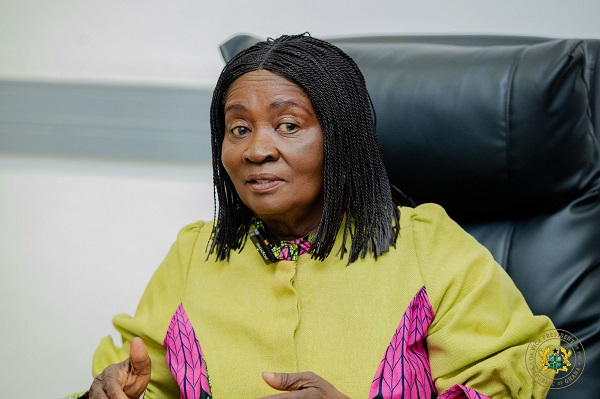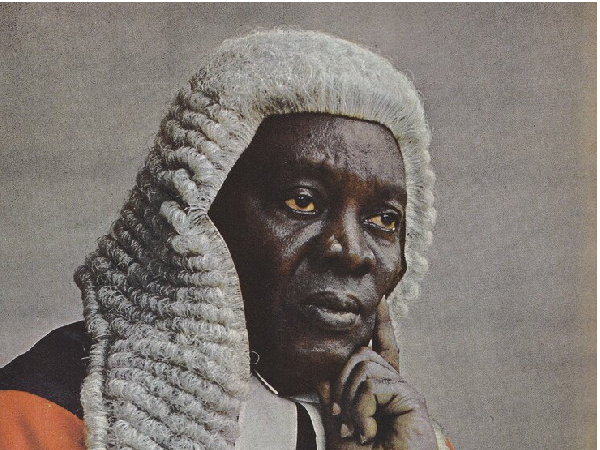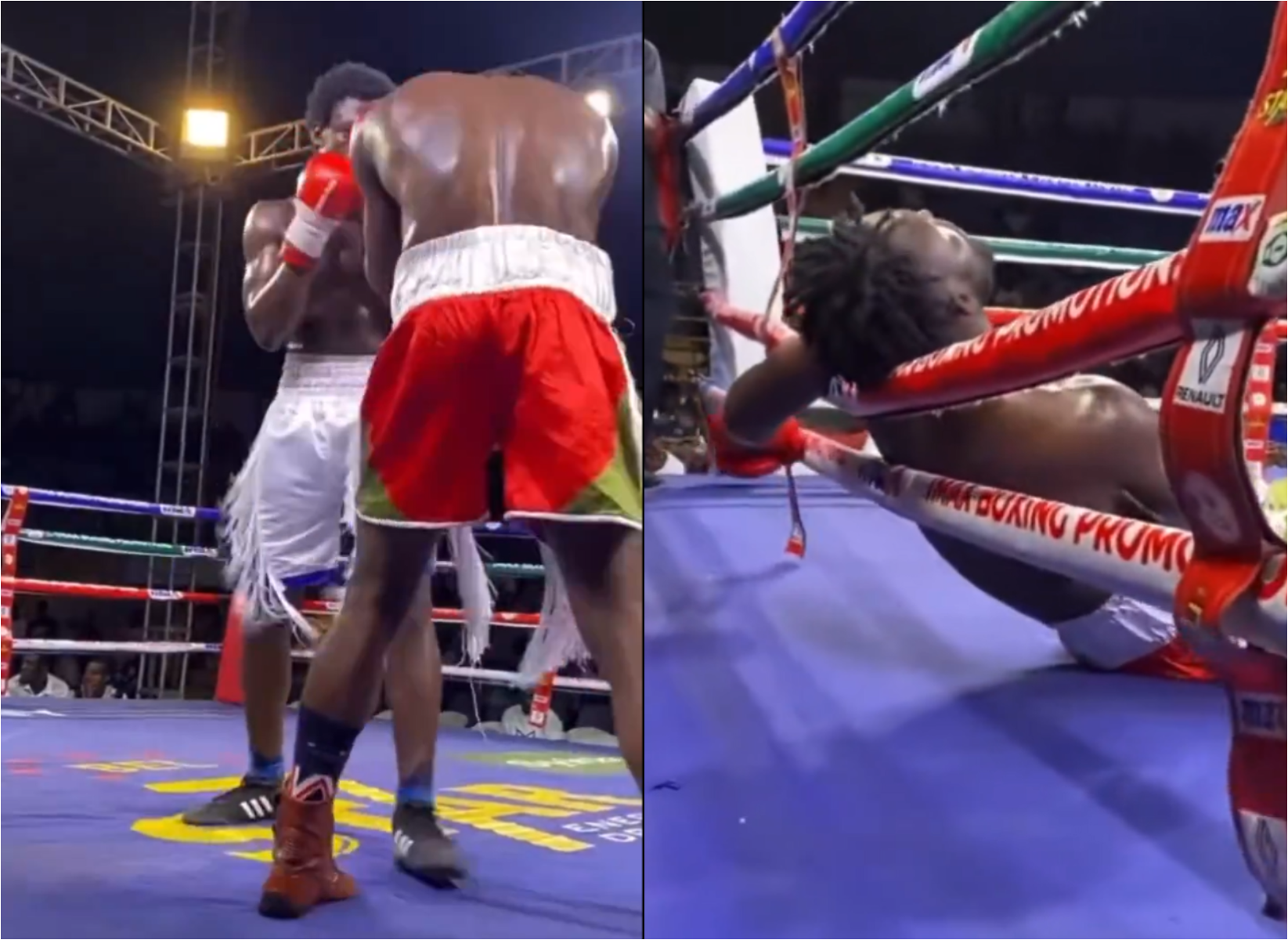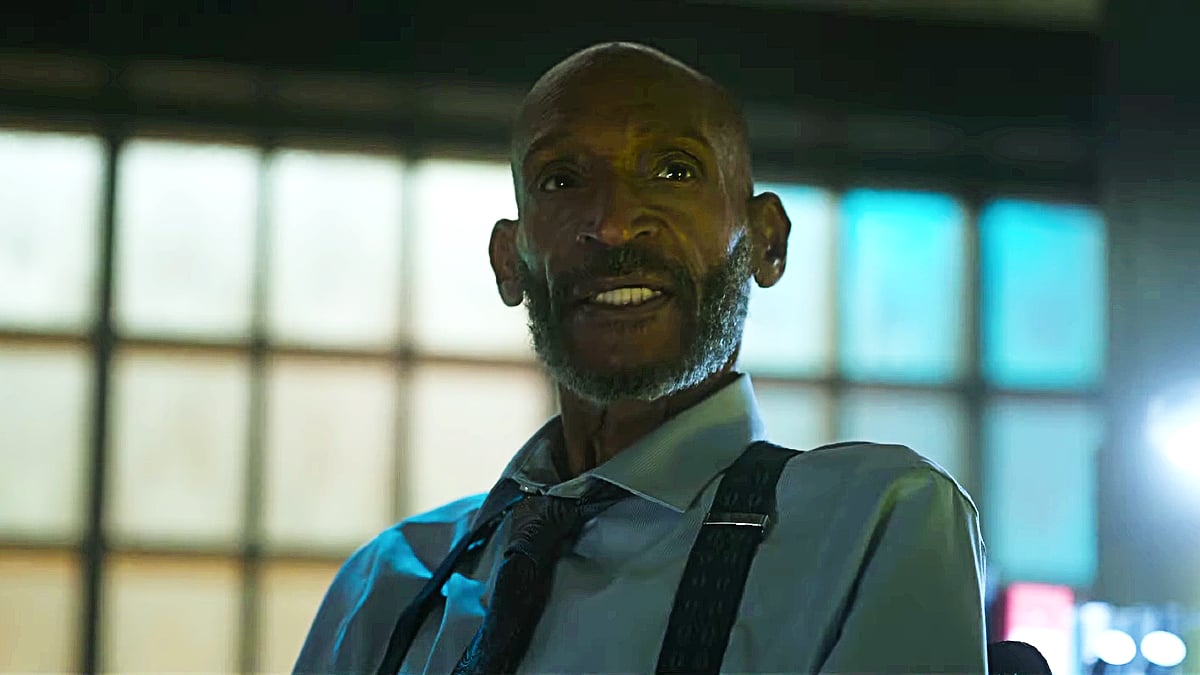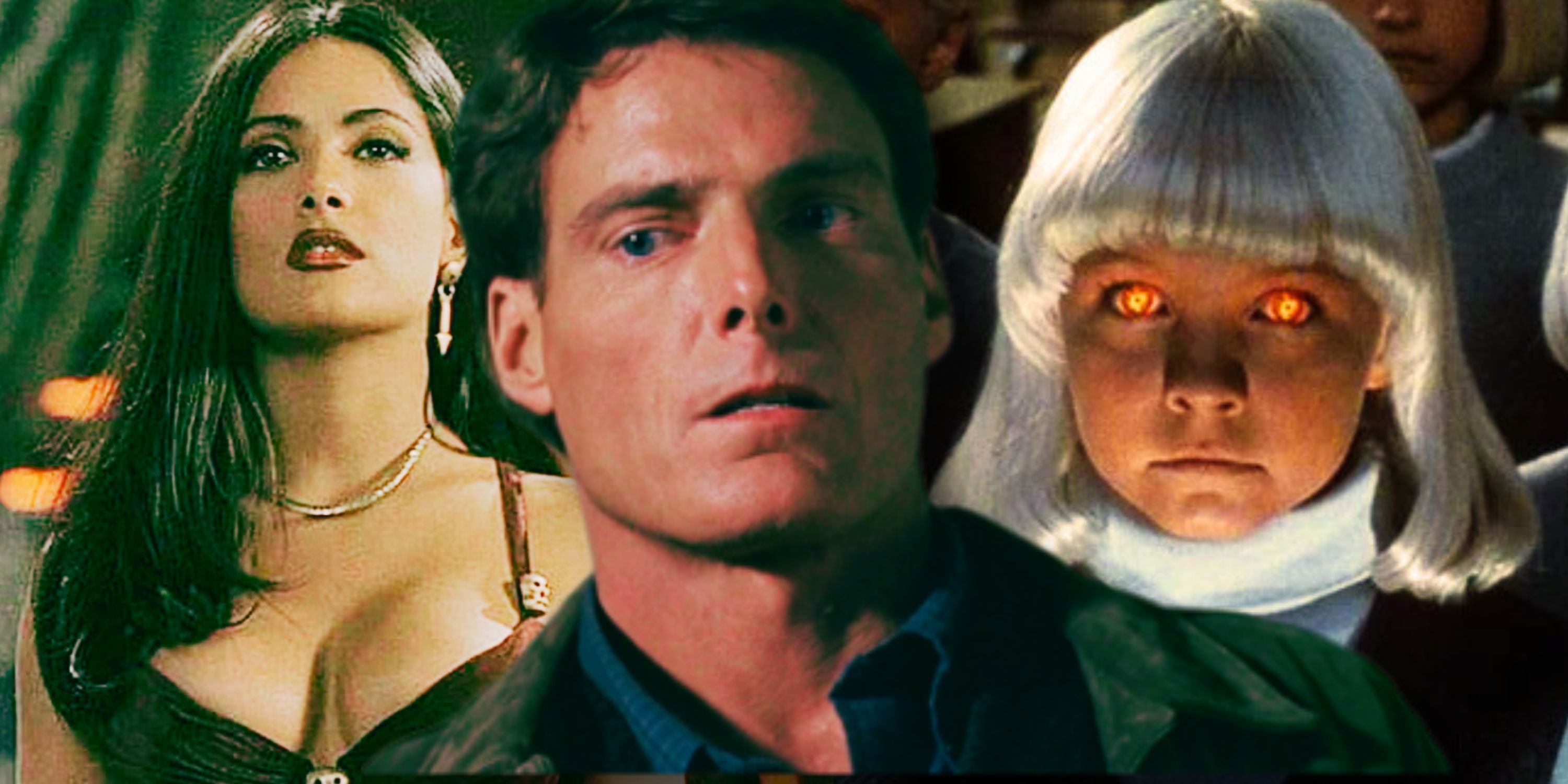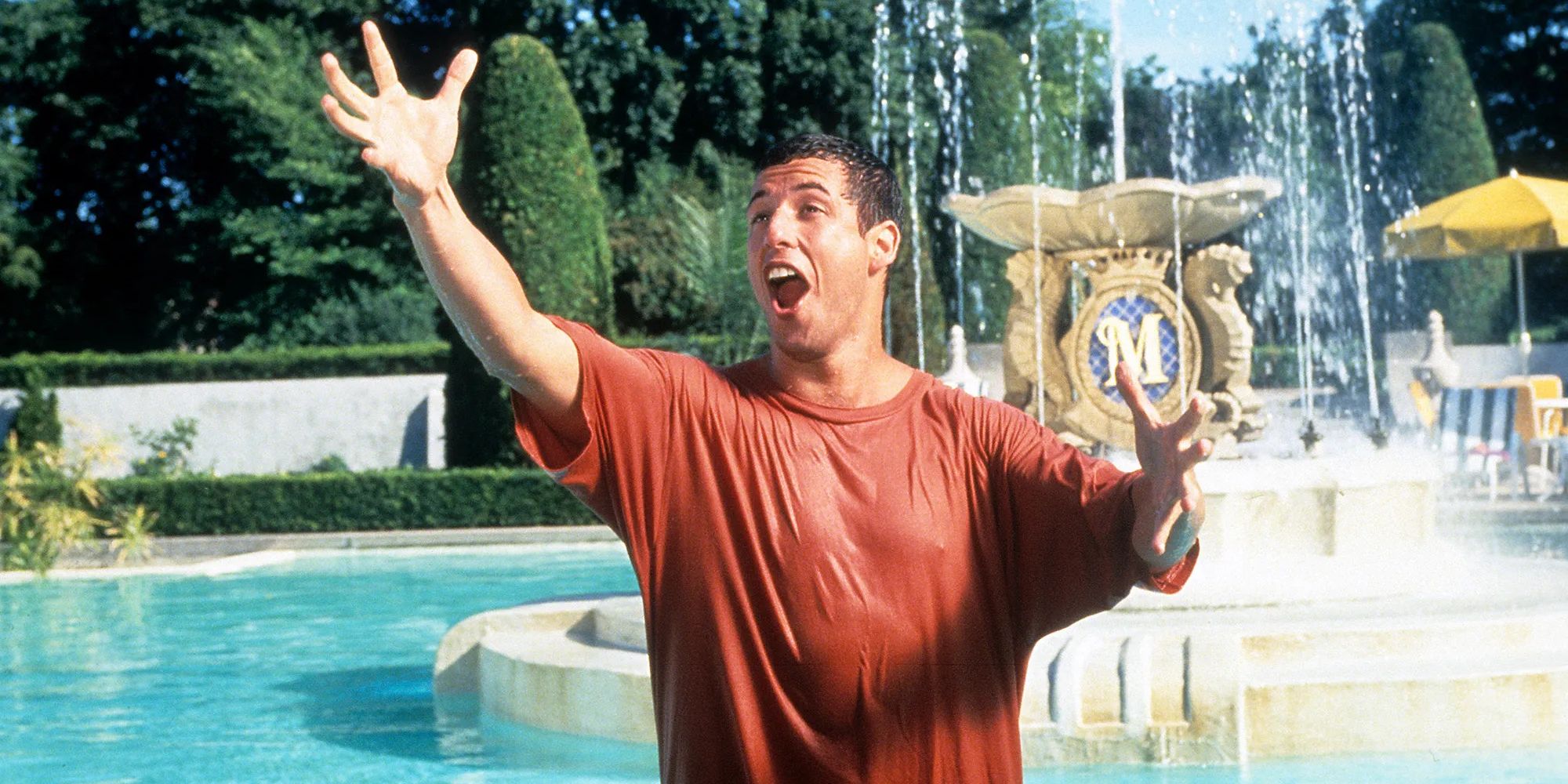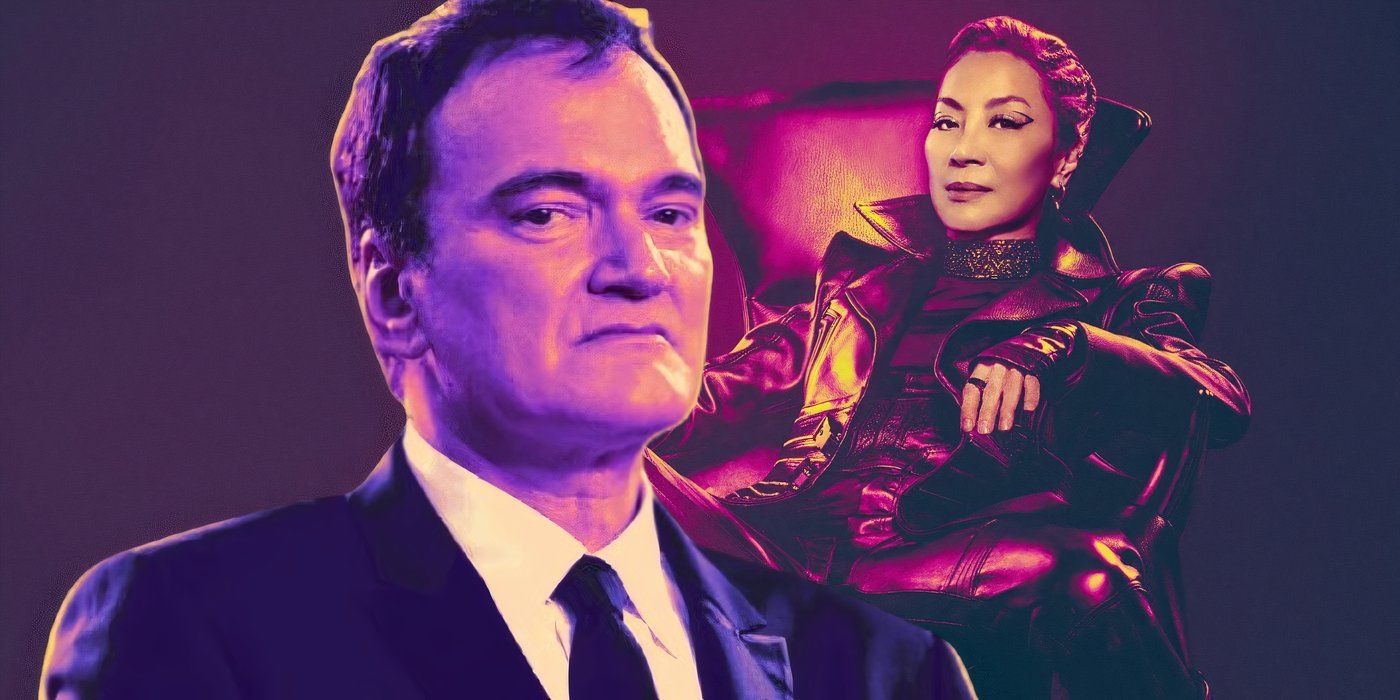Few literary characters have left as lasting an impact on sci-fi and horror cinema as Frankenstein's monster. Since Mary Shelley first unleashed her tragic creation onto the world in 1818, filmmakers have happily taken on its themes of hubris and the blurred line between life and death. Over the decades, Frankenstein has been adapted, reimagined, and parodied in countless ways, with some versions staying true to Shelley's original vision and others taking creative liberties that reshape the story entirely.
In fact, the story is a perfect archetype for all kinds of interpretations. With two major adaptations on the horizon -- Guillermo del Toro's long-awaited take and Maggie Gyllenhaal's unique reimagining -- now is the perfect time to revisit the best Frankenstein movies ever made. From classic Universal horror to modern reinterpretations, these ten films prove that Frankenstein’s monster is truly immortal.
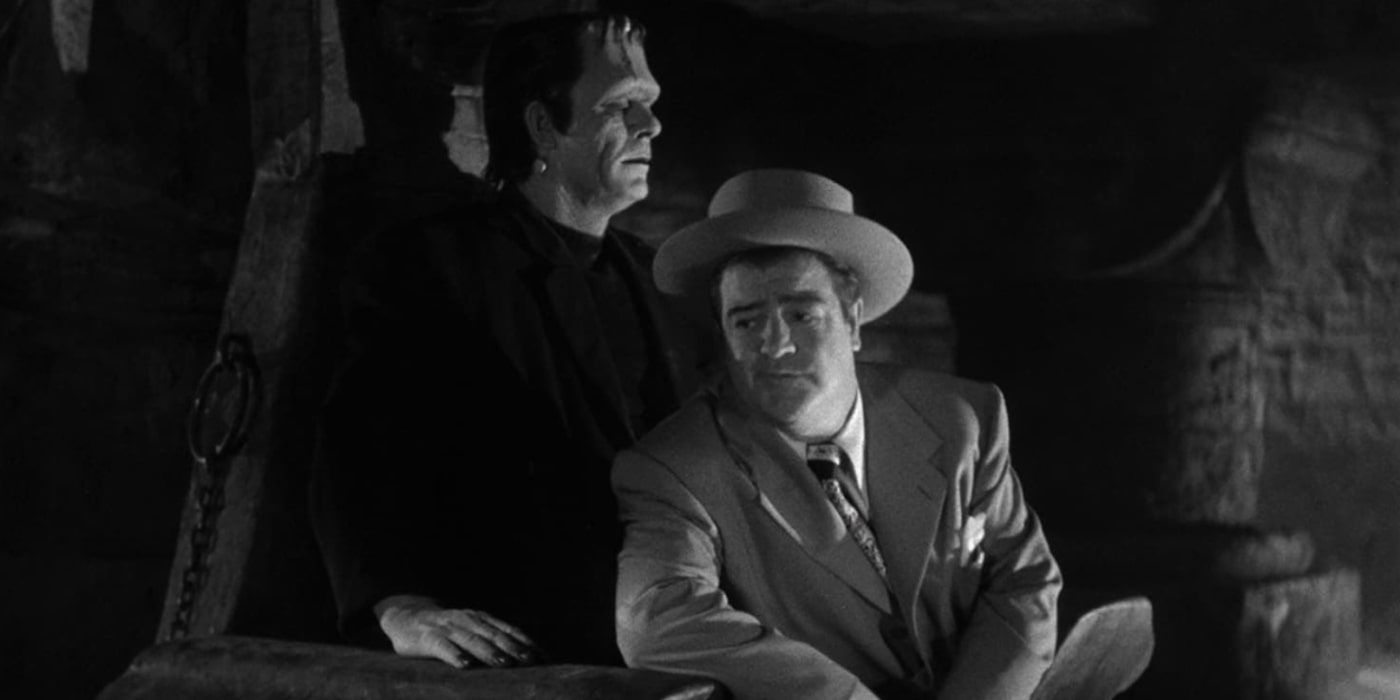
when horror and comedy blend seamlessly, magic happens. And Abbott and Costello Meet Frankenstein was one of the originals to do so. This genre-melding classic brings together Universal’s most iconic monsters -- including Dracula, the Wolf Man, and, of course, Frankenstein’s monster -- for a surprisingly effective mix of scares and slapstick humor. Bela Lugosi reprises his role as Dracula, and Glenn Strange steps into the monster’s shoes, delivering a performance that manages to be both menacing and still oddly sympathetic.
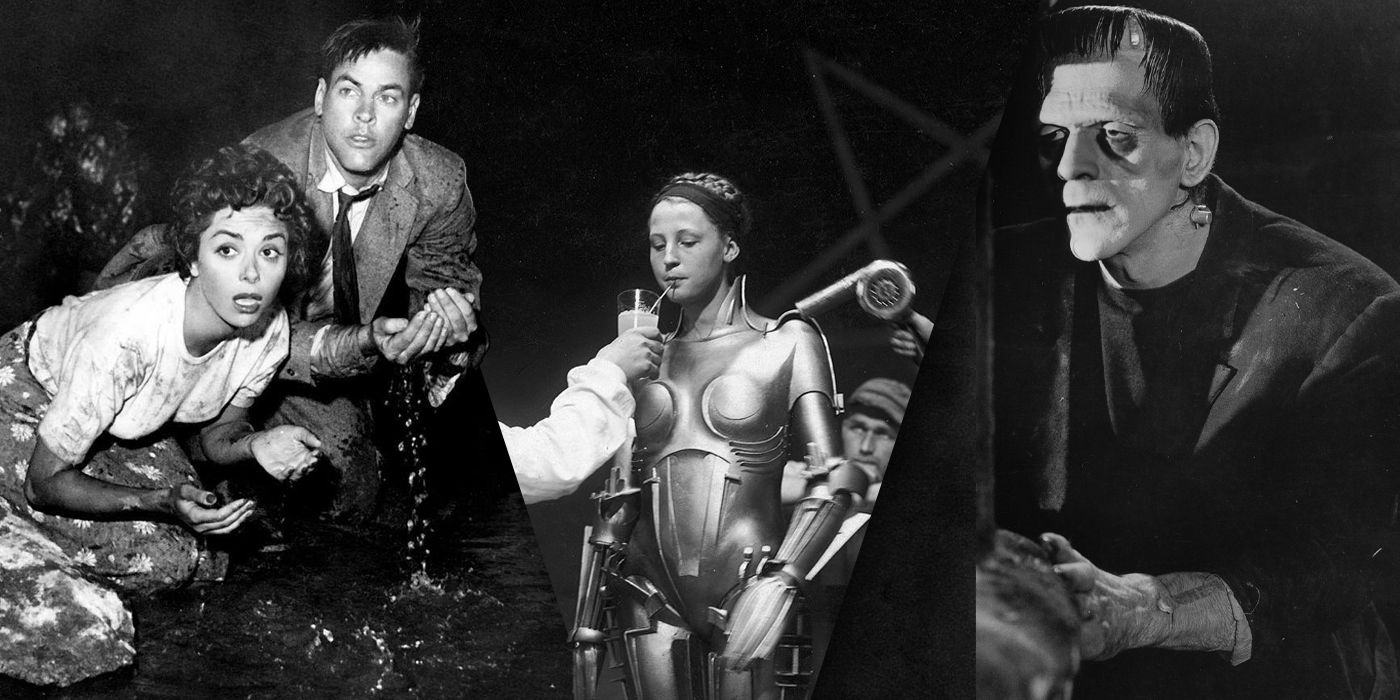
Related
10 Amazing Black-and-White Sci-Fi Movies That Still Hold Up
Black and white movies scare away some moviegoers, but there are some iconic black-and-white sci-fi films that still hold up.
Despite its comedic premise, the film never completely undercuts the horror elements. The eerie atmosphere, combined with Abbott and Costello’s impeccable comedic timing, makes for a fun yet surprisingly reverent take on Universal’s horror legacy. It remains a fan favorite for a reason.
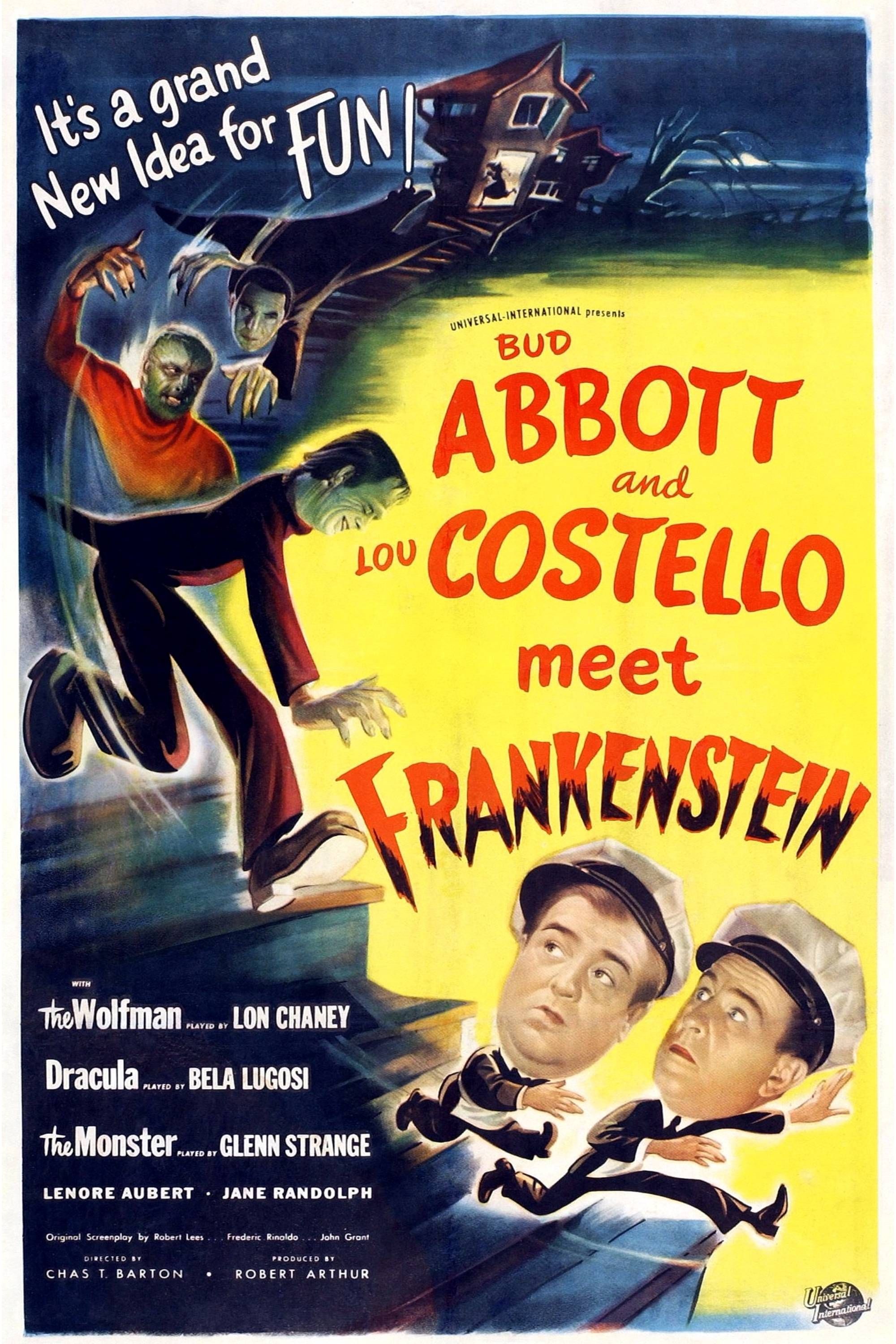
Abbott and Costello Meet Frankenstein
- June 15, 1948
- 83 Minutes
- Charles Barton
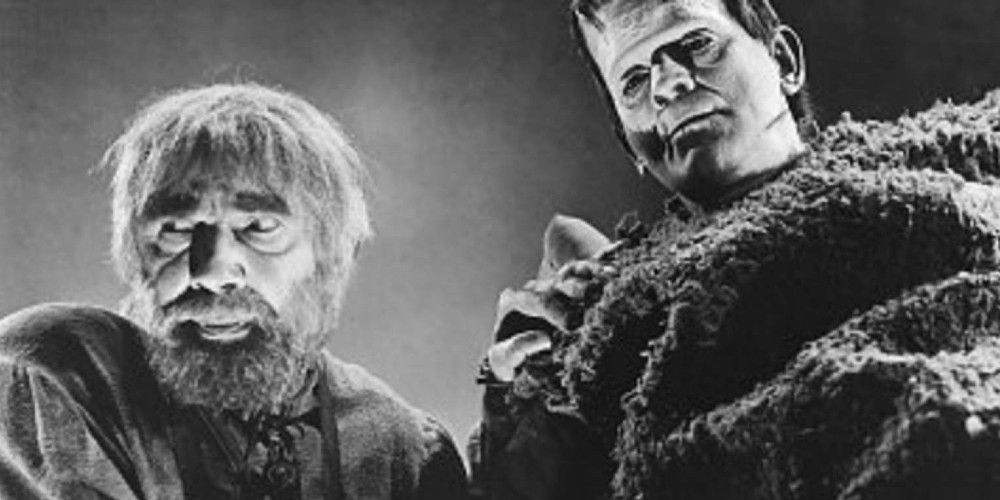
While Bride of Frankenstein (which we’ll dive more into later) is widely considered the pinnacle of Universal’s Frankenstein series, Son of Frankenstein is an underrated gem in its own right. This film follows the titular son, Baron Wolf von Frankenstein, played by Basil Rathbone, as he attempts to restore his father’s tarnished legacy. Naturally, things go awry when he resurrects the monster, played once again by Boris Karloff.
Adding to the film’s eerie appeal is the introduction of the iconic Ygor, played with unsettling glee by Bela Lugosi. The twisted dynamic between Ygor and the monster adds a lot of layers to the story, making it one of the most compelling Frankenstein sequels. With its moody cinematography and Gothic set design, Son of Frankenstein feels like a bridge between the silent expressionist horror of the 1920s and the more polished Hollywood horror of the 1940s.
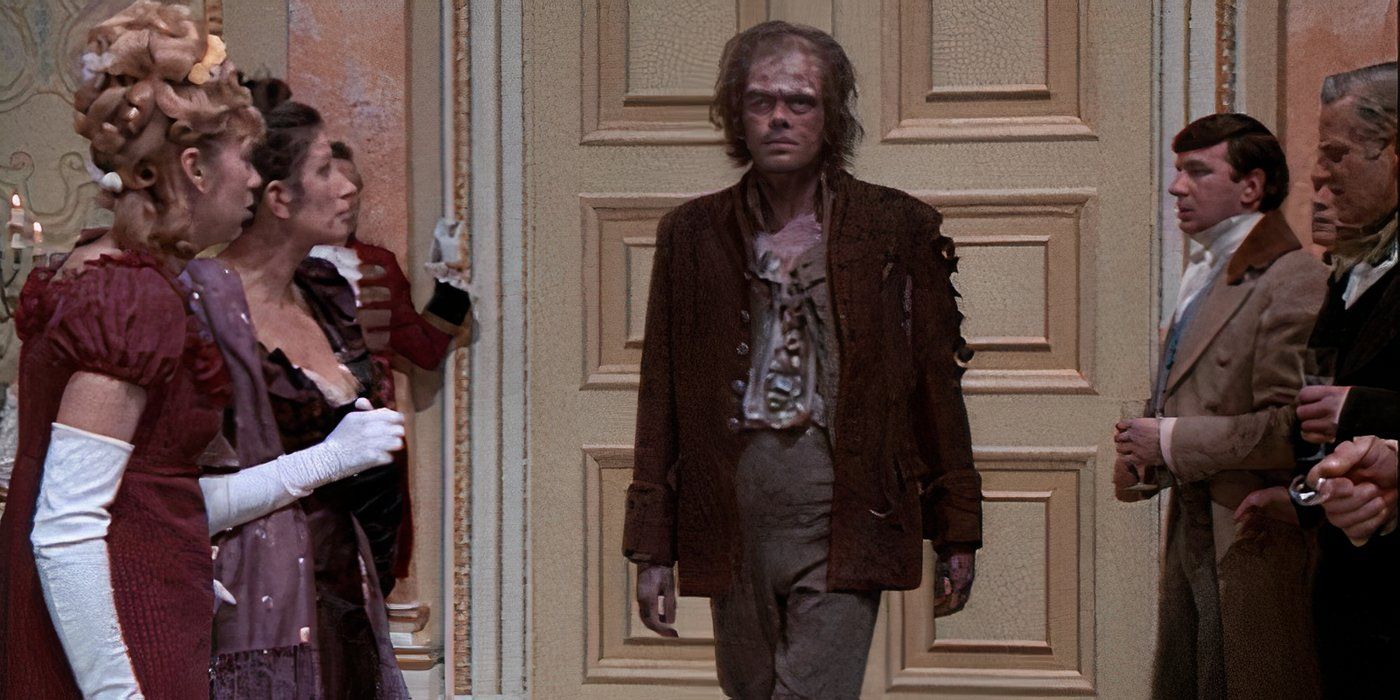
For a more humanized and psychological take on the Frankenstein mythos, Frankenstein: The True Story stands out. This made-for-TV adaptation takes a more sympathetic approach to the monster, presenting him as beautiful upon creation, only to deteriorate both physically and mentally as time goes on. The film leans heavily into Shelley’s themes of isolation and identity, making it one of the more introspective takes on the story.
While it lacks the gothic grandeur of earlier adaptations, it makes up for it with strong performances and a unique perspective on the classic tale. Its exploration of the monster’s tragic downfall gives it a poignancy that some versions miss, offering a deeper dive into the psychological aspects of Frankenstein. This is an adaptation that leaves a bittersweet mark.
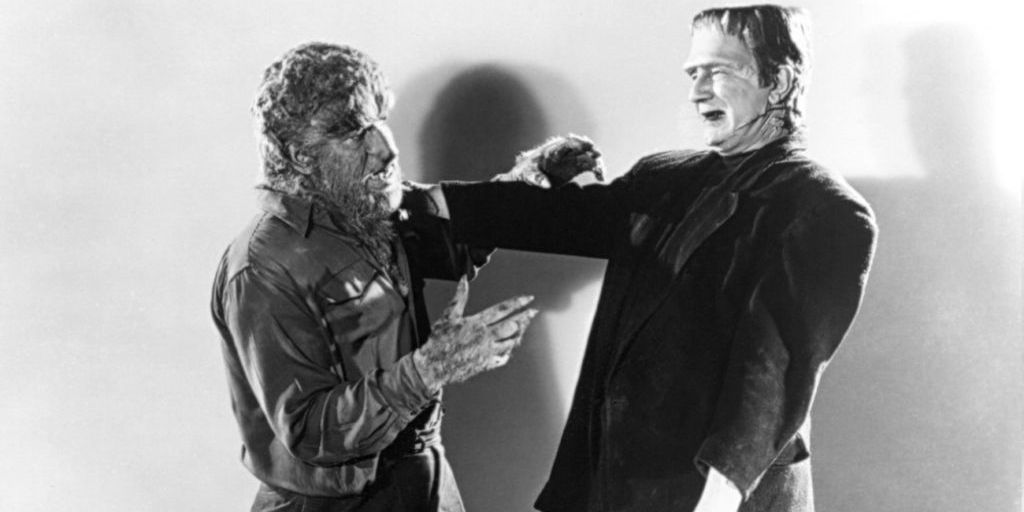
One of the first major cinematic monster crossovers, Frankenstein Meets the Wolf Man is exactly what the title promises. This Universal horror classic pits Lon Chaney Jr.’s tortured Larry Talbot (aka the iconic Wolf Man) against Frankenstein’s monster in a battle of the supernatural titans. The film builds upon the lore of both creatures, seamlessly blending their narratives into one grand, tragic story.
While the monster (this time played by Bela Lugosi) takes a bit of a backseat in terms of characterization, the film’s eerie atmosphere and thrilling set pieces make up for it. Plus, the climactic battle between the two horror icons is the stuff of legend. This hit film paved the way for future crossover stories.
Frankenstein Meets the Wolf Man (1943)
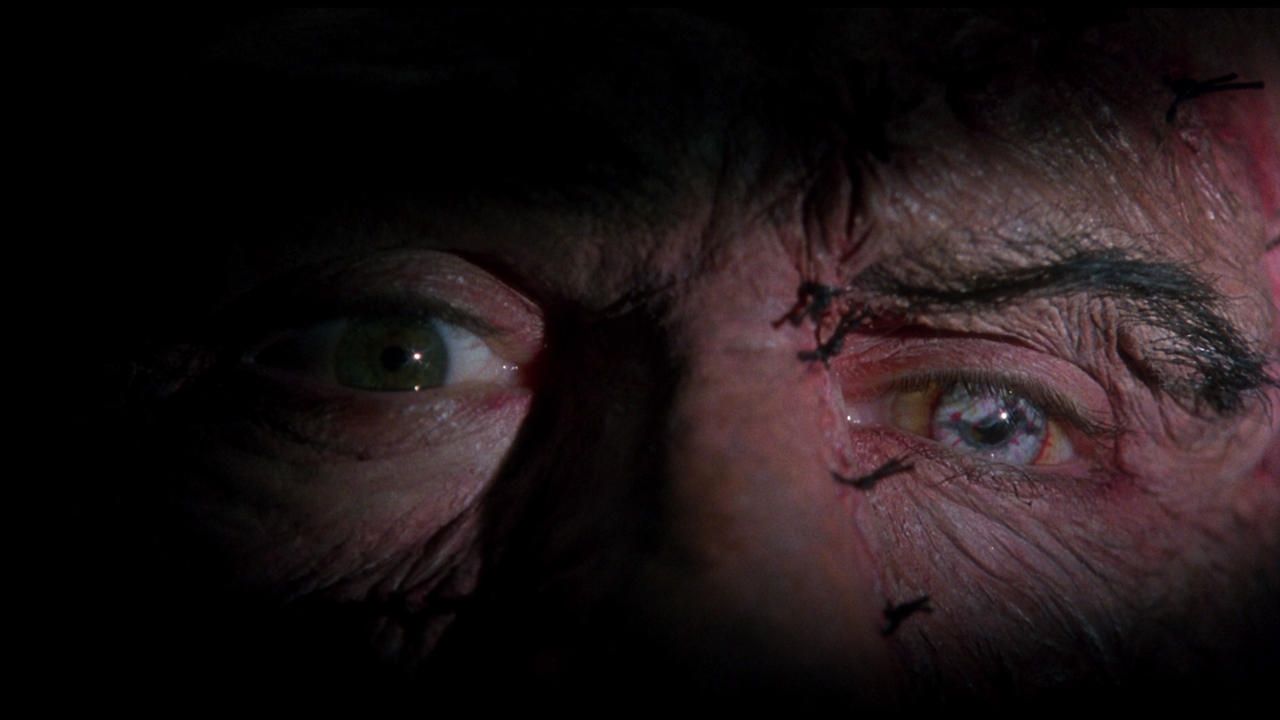
Kenneth Branagh’s Mary Shelley’s Frankenstein (now that's a mouthful) is one of the most ambitious adaptations of the novel, striving to be a faithful retelling of Shelley’s original work. Robert De Niro delivers a compelling, tragic performance as the monster, presenting him as both terrifying and heartbreakingly human. The film doesn’t shy away from the novel’s darker and horror themes, making it one of the most intense and emotionally charged versions of the story.
However, it’s not without its flaws. Branagh’s direction received criticism for being, at times, over-the-top, along with the film’s melodramatic tone. Still, its commitment to exploring Shelley’s original vision makes it a standout in the long history of Frankenstein adaptations. It's emotional, heartbreaking, and horrific.
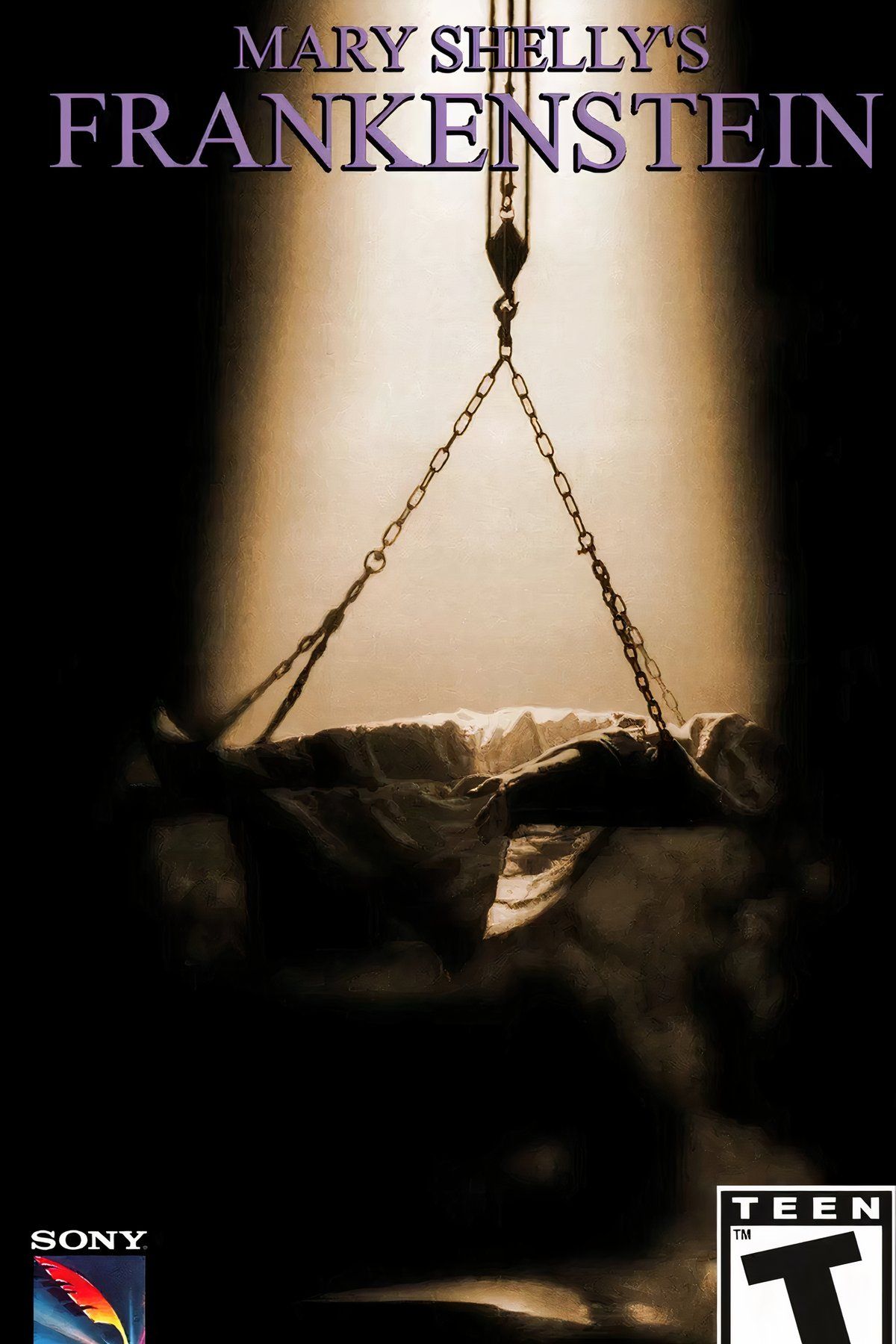
Mary Shelley's Frankenstein
- November 4, 1994
- T For Teen Due To Animated Blood and Gore, Animated Violence
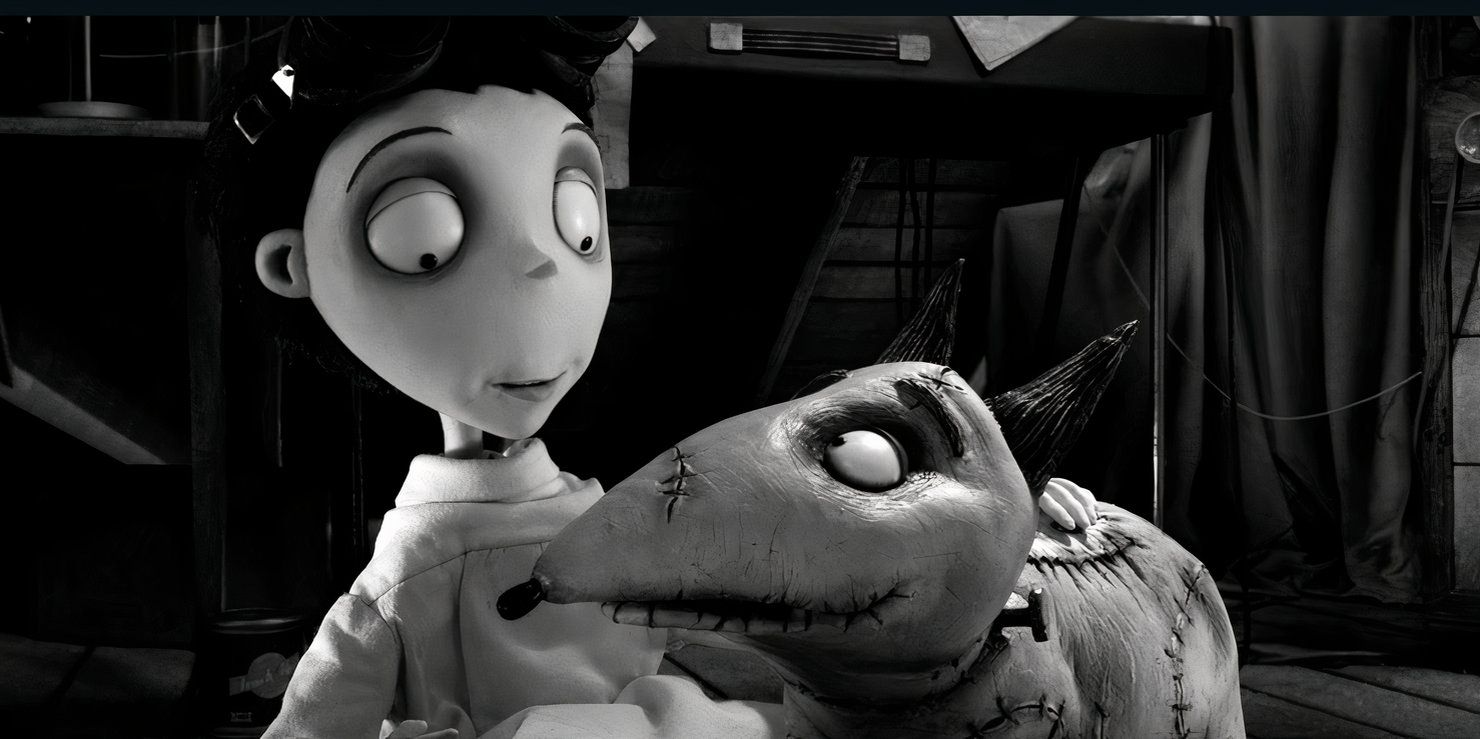
Tim Burton’s stop-motion movie, Frankenweenie, proves that the Frankenstein story can be just as touching as it is terrifying. This animated reimagining follows a young boy named Victor who resurrects his beloved dog, Sparky, only for chaos to ensue when his classmates try to replicate his experiment. The film is a love letter to classic horror, filled with references to Universal monsters and old-school sci-fi.
Despite its playful premise, Frankenweenie carries an emotional weight that makes it a very relatable and heartfelt film. Who among us hasn't dearly loved a pet? It captures the essence of Frankenstein’s themes -- grief, unintended consequences, and the dangers of playing God -- while remaining accessible for audiences of all ages.
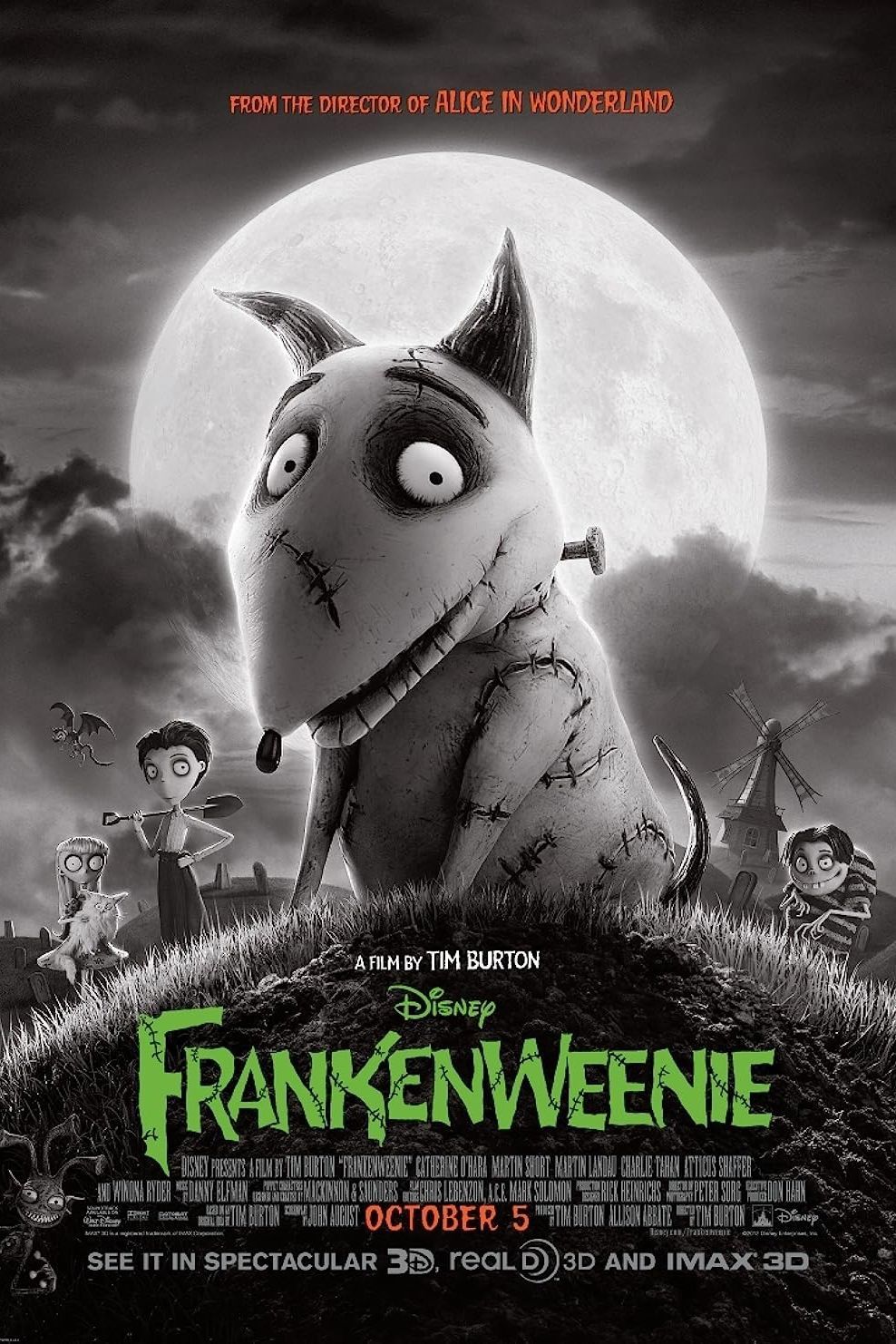
Frankenweenie
- October 5, 2012
- 87 Minutes
- Tim Burton
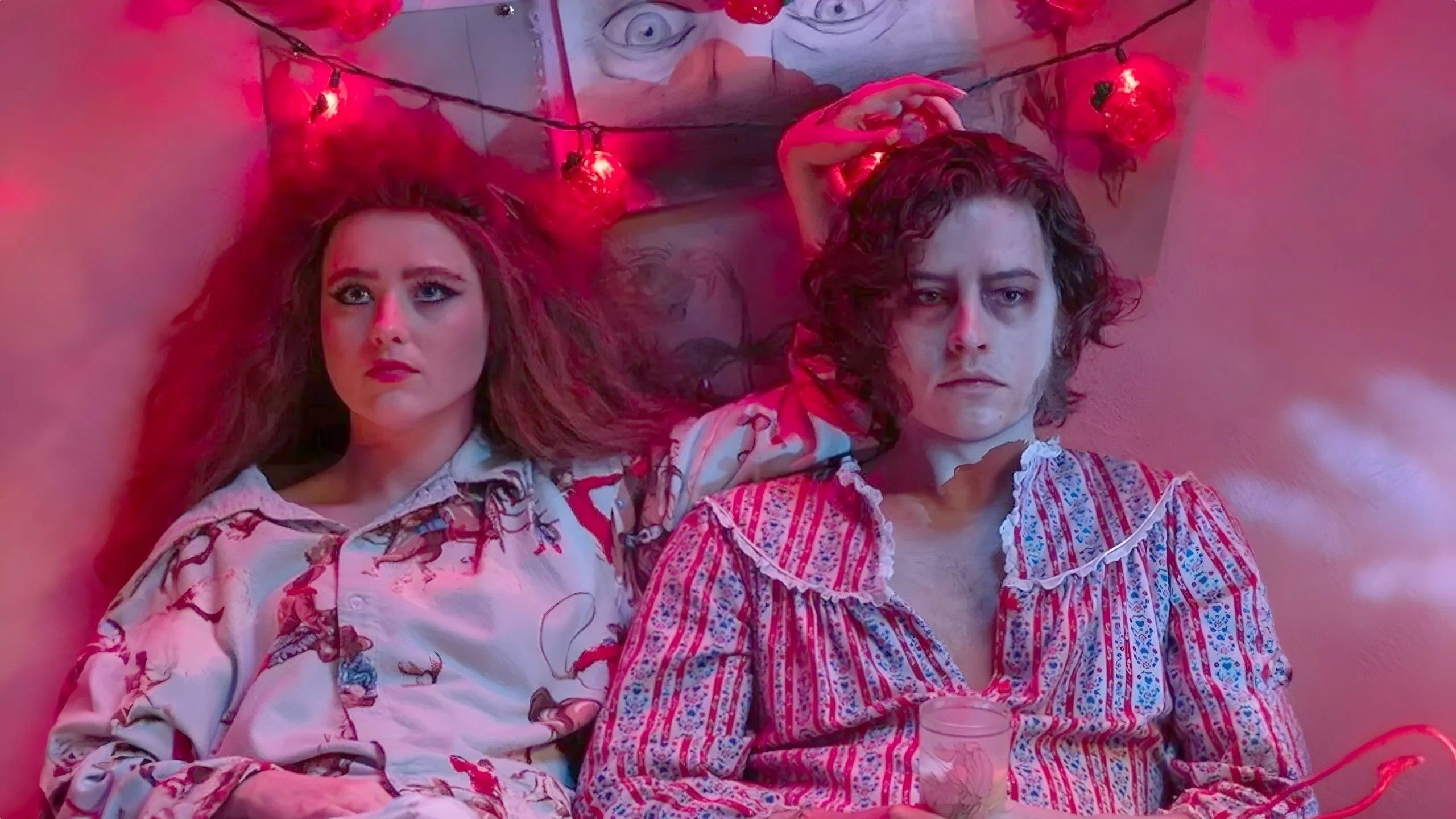
A more modern adaptation, Lisa Frankenstein takes it back to the 1980s to offer a fresh, stylish take on the mythos. This horror-comedy, directed by Zelda Williams and written by Diablo Cody, follows a teenage girl who reanimates a Victorian corpse and turns him into her ideal boyfriend. With its neon-drenched 1980s aesthetic and irreverent humor, it’s a modern reimagining unlike anything Frankenstein fans have seen before.
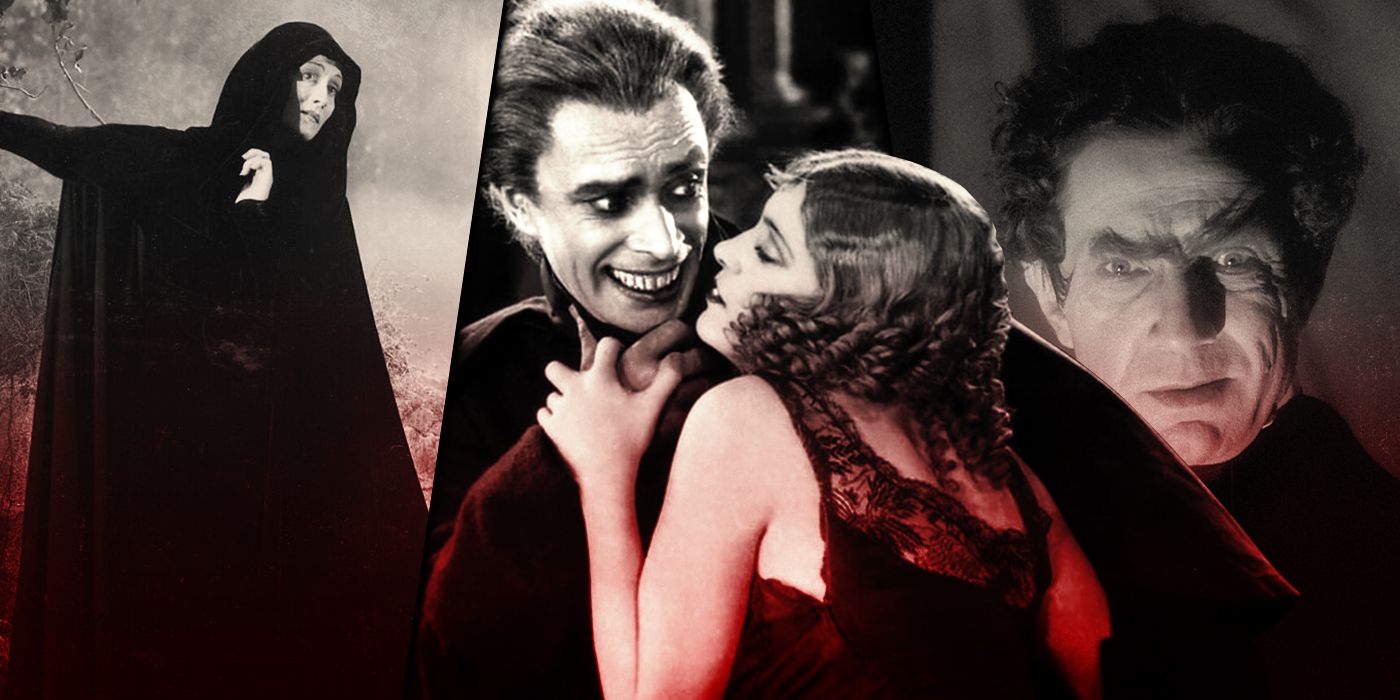
Related
10 Most Underrated Universal Horror Movies, Ranked
Bela Lugosi and Boris Karloff gave their greatest performances in some underappreciated horror films.
While it takes a more comedic approach, Lisa Frankenstein taps into the same themes of transformation and loneliness that make the Frankenstein myth so enduring. It’s a fun and unique entry in the legacy of Frankenstein films. And though it wasn't a massive hit upon release, it feels destined to follow in the footsteps of another Cody project, Jennifer's Body, and become a cult classic that was just ahead of its time.
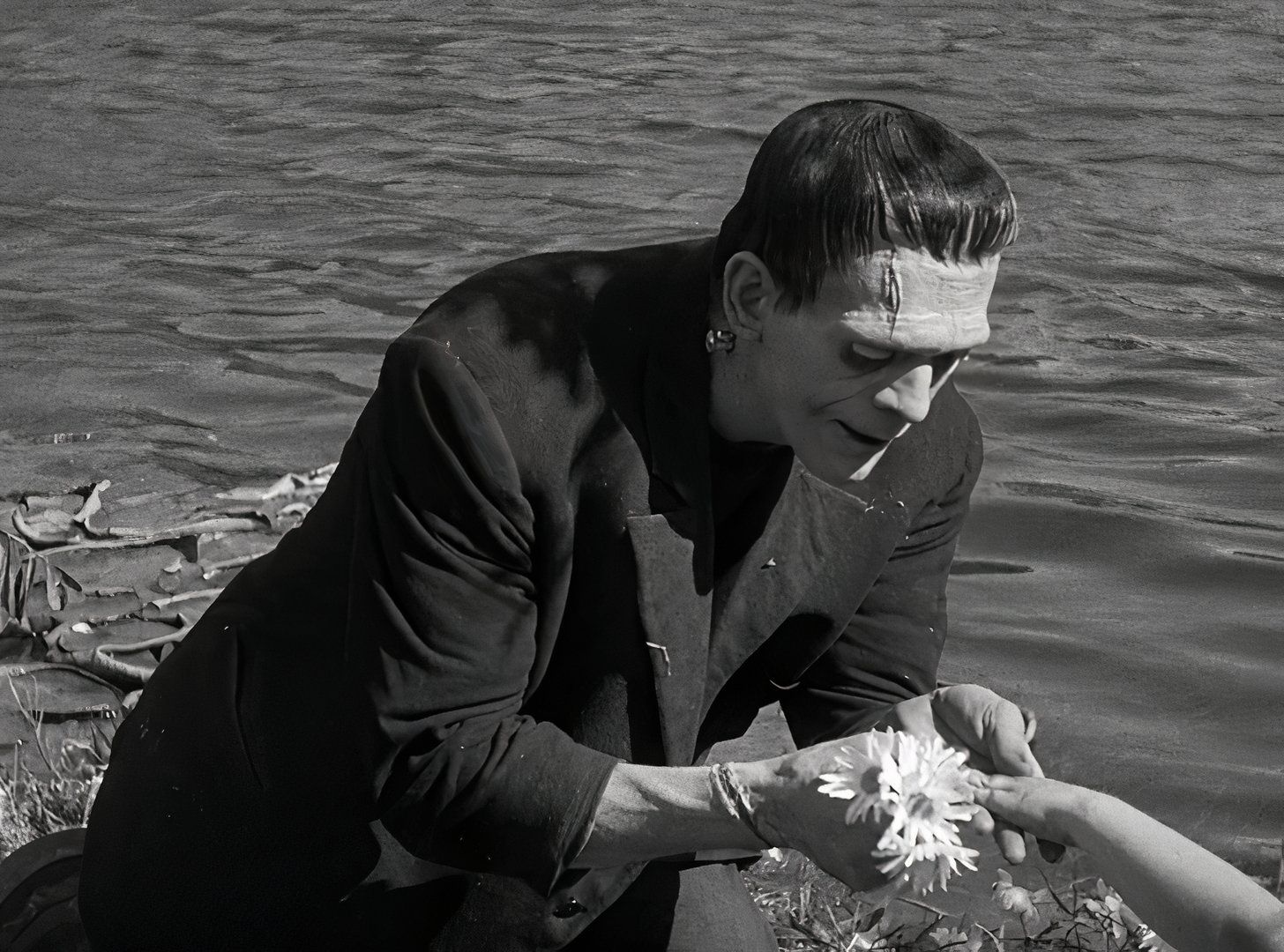
The film that started it all is James Whale’s 1931 Frankenstein. It's often hailed as the definitive cinematic adaptation of Shelley’s novel -- and for good reason. Boris Karloff’s portrayal of the monster is legendary, bringing a mix of menace and melancholy that became the template for countless future iterations.
The film’s expressionist visuals, haunting atmosphere, and iconic moments (such as the unforgettable “It’s alive!” scene) make it one of the greatest horror films of all time. And, as Whale was living life as an out gay man in the 1930s, the film's themes of repression and othering and fear of what is different hold a lot more weight. While it strays from Shelley’s novel, Frankenstein set the stage for Frankenstein’s monster to become a cultural icon.
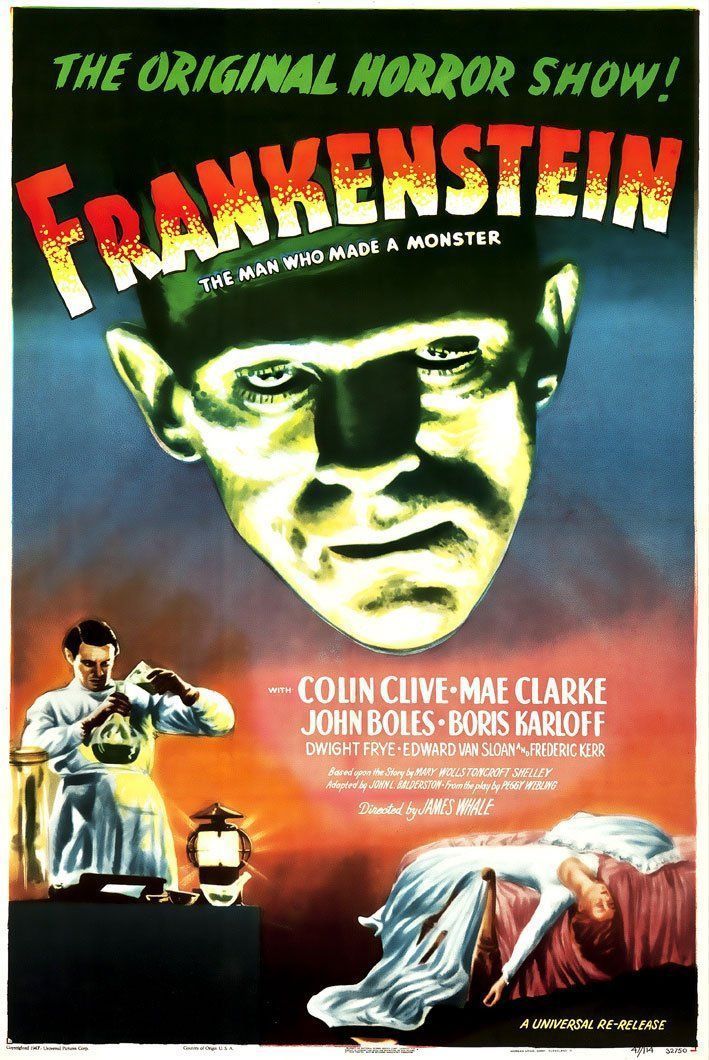
Frankenstein
- November 21, 1931
- 70 Minutes
- James Whale
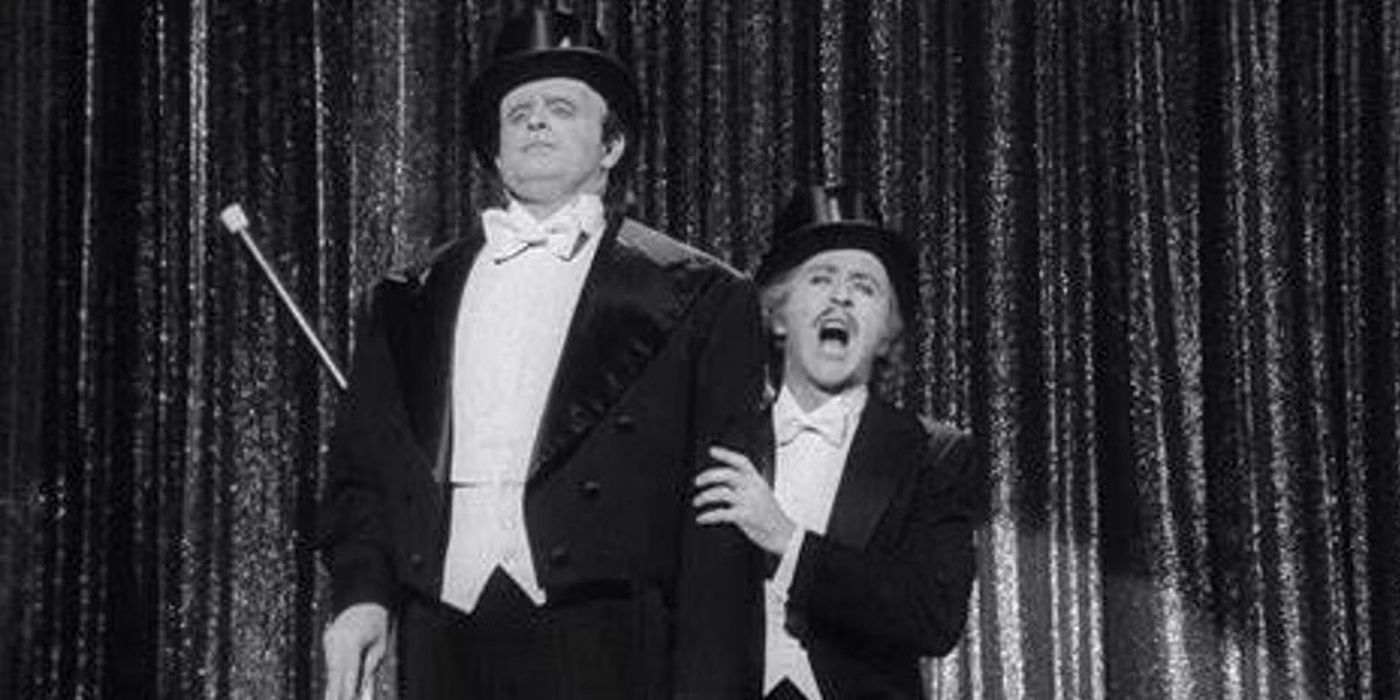
Mel Brooks’ Young Frankenstein is both a loving homage to and a brilliant parody of the classic Universal horror films. Starring Gene Wilder as Dr. Frederick Frankenstein (pronounced "Fronkensteen"), the film blends comedy with gothic horror aesthetics. From Marty Feldman’s unforgettable Igor to Peter Boyle’s hilariously misunderstood monster, every element of Young Frankenstein is pitch-perfect.
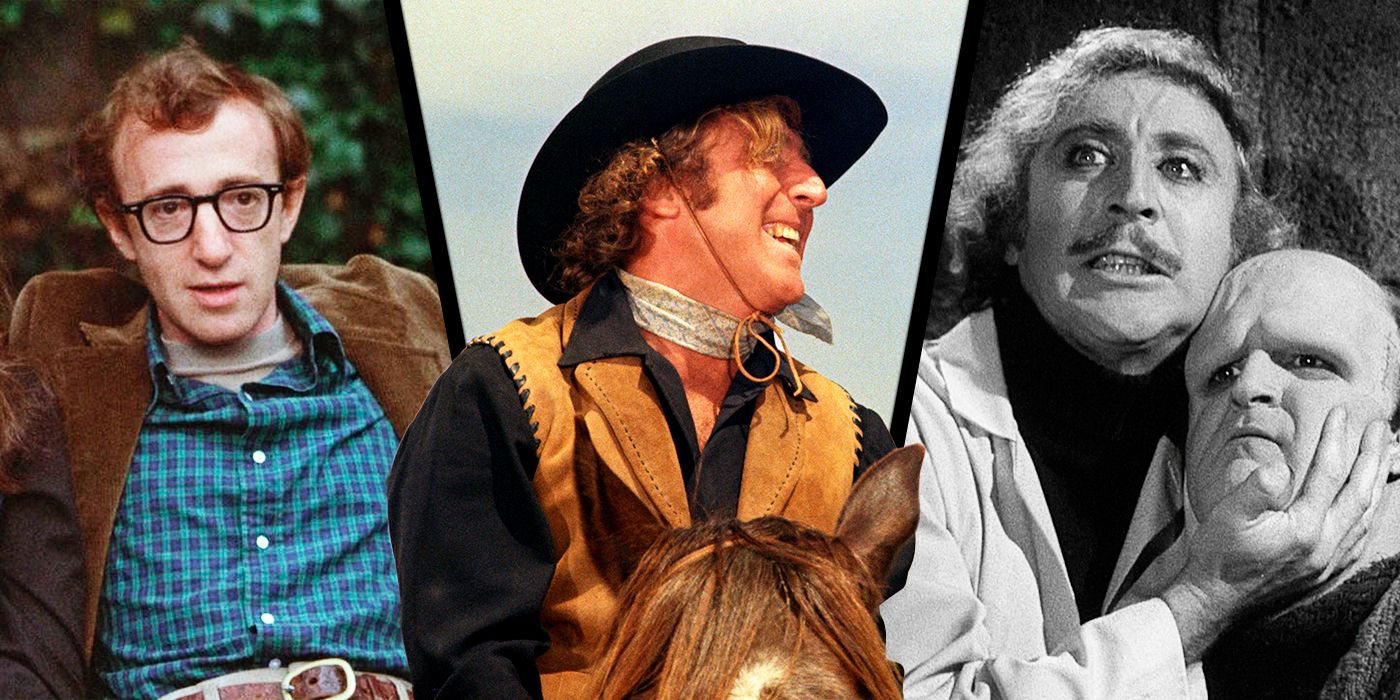
Related
10 Best Comedy Movies From the 1970s, Ranked
The 1970s produced some stunning films, but comedies like Blazing Saddles and Annie Hall helped to define the comedies of that era.
The film’s commitment to using black-and-white cinematography and vintage-style sets enhances its charm, making it feel like a genuine part of Universal’s horror legacy. Despite being a parody, it showcases a deep understanding of the source material and is very loving of its inspirations. Over the years, its witty dialogue and clever sight gags have cemented its place as one of the best horror comedies of all time.
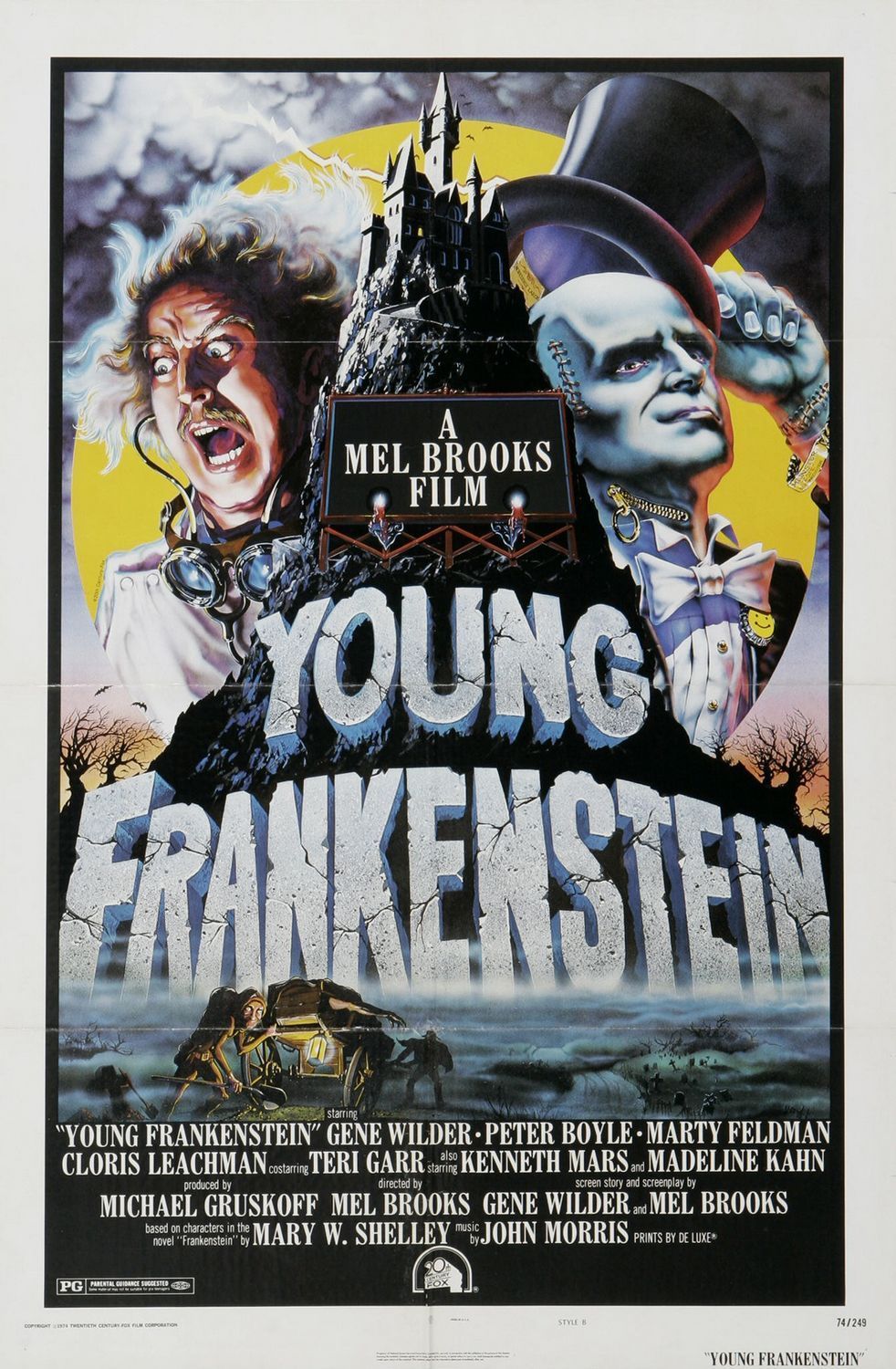
Young Frankenstein
- December 15, 1974
- 106 minutes
- Mel Brooks
Bride of Frankenstein is widely regarded as the greatest Frankenstein film ever made. By introducing a female foil, it elevated the original’s story with deeper themes and more developed characters. Elsa Lanchester’s brief but unforgettable performance as the Bride adds an entirely new dimension to the monster’s tragic existence. Not to mention, her hair and makeup have become iconic Halloween staples for decades.
The film also expands on the moral dilemmas of playing God, making it one of the most thematically rich entries in the franchise. Also directed by James Whale, he infused the film with gothic horror and dark humor, creating a masterpiece that remains influential to this day. Karloff’s monster is more sympathetic than ever, making his rejection by the Bride one of the most heartbreaking moments in horror history.
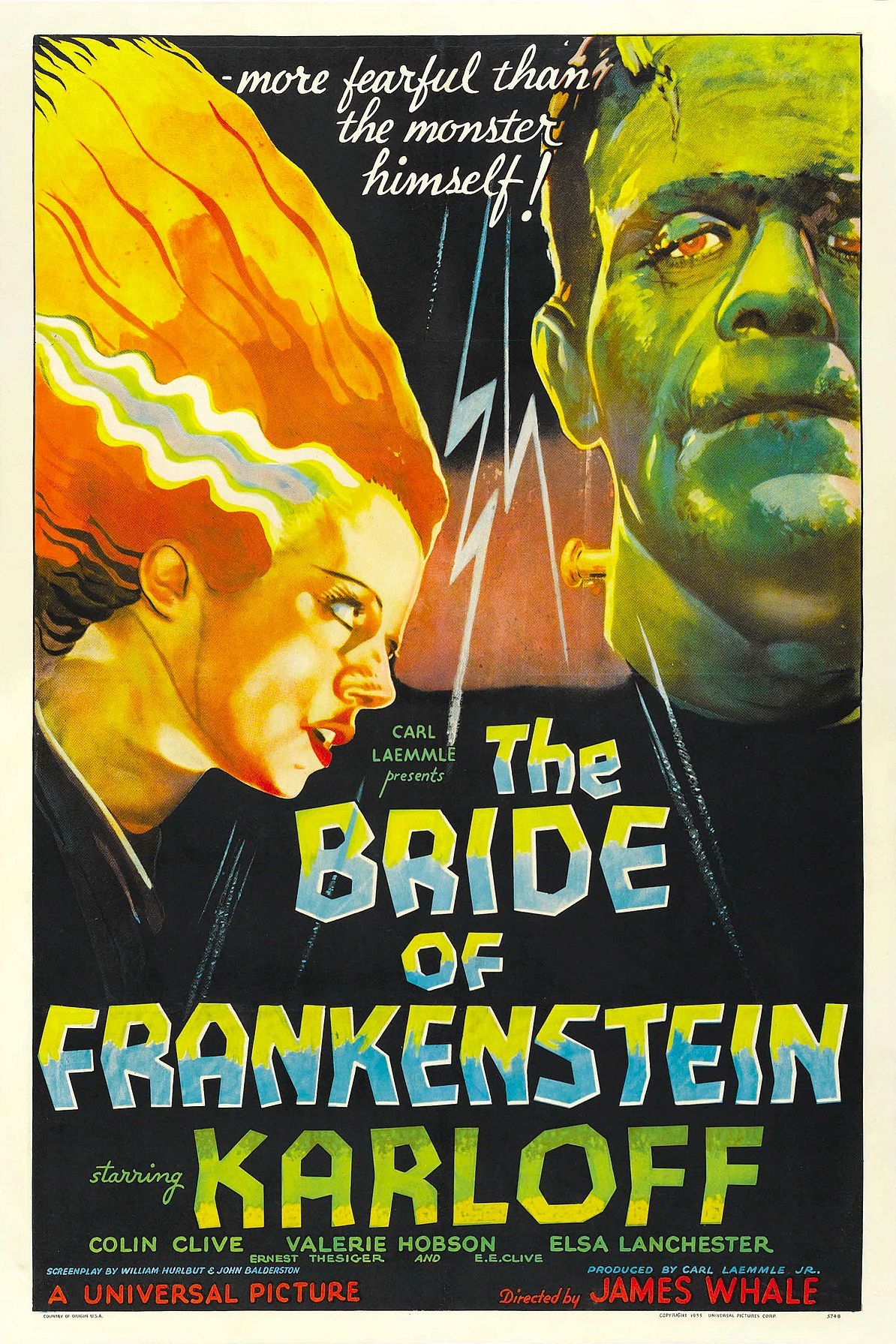
Bride of Frankenstein
- April 22, 1935

